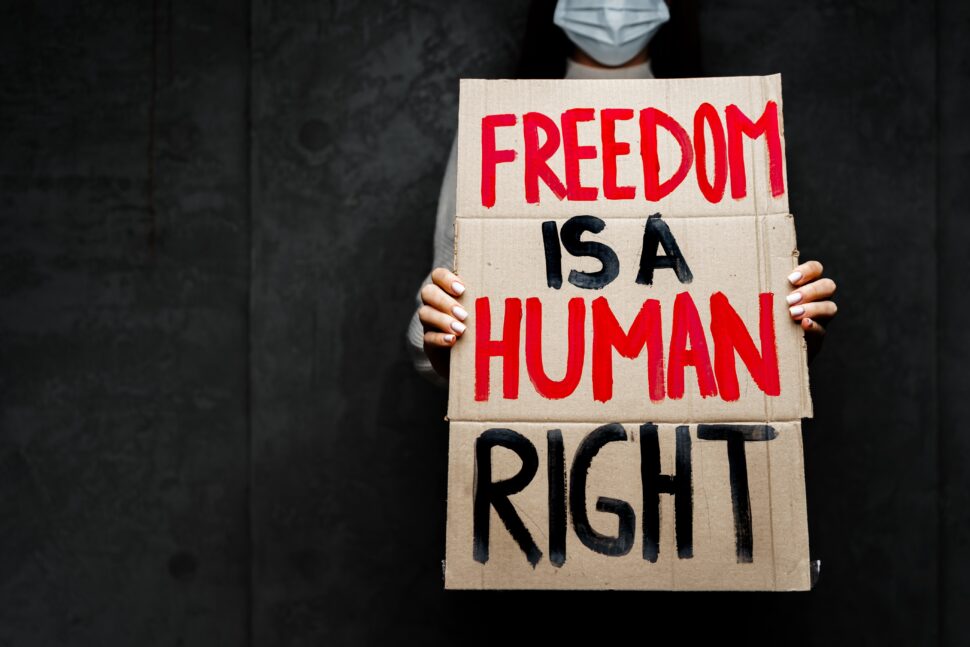Jurisprudence, often referred to as the philosophy of law, delves into the theoretical aspects and moral foundations that underpin legal systems. In the realm of jurisprudence, the discussion of human rights is particularly significant, as it involves a profound exploration of the ethical dimensions of law. This article seeks to unravel the intricate relationship between jurisprudence and human rights, shedding light on the moral considerations that shape legal frameworks.
The Moral Imperative of Human Rights
At the core of human rights lies a moral imperative—the recognition and protection of the inherent dignity and worth of every individual. Jurisprudence serves as the intellectual framework that examines the philosophical underpinnings of this moral imperative. It explores questions related to the nature of justice, equality, and the role of law in safeguarding human dignity.
Jurisprudential Perspectives on Human Rights
Various jurisprudential theories offer insights into the moral dimensions of human rights. Natural law theory, for instance, posits that certain rights are inherent to human nature and are discoverable through reason. This perspective establishes a connection between law and morality, asserting that legal systems should reflect and protect these fundamental human rights.
Legal positivism, on the other hand, emphasizes the importance of laws being created and recognized by a legitimate authority. While positivism may not inherently incorporate moral considerations into law, it acknowledges the existence of legal rights, which can, in turn, encompass human rights as recognized by legal systems.
Case Study: The Impact of Jurisprudence on Human Rights
To illustrate the practical implications of jurisprudence on human rights, let’s delve into a case study involving a hypothetical legal scenario and consider the potential outcomes with the assistance of case study help online by law writers.
Imagine a country where a particular minority group faces systematic discrimination, with limited access to education, employment, and basic services. From a jurisprudential standpoint, natural law theorists would argue that such discriminatory practices violate the inherent rights of individuals, emphasizing the moral duty of the legal system to rectify these injustices.
Legal positivists, meanwhile, may analyze the existing laws in this hypothetical country and explore whether they align with international human rights standards. This approach underscores the importance of legal legitimacy in recognizing and addressing human rights violations.
The Intersection of Morality and Legal Systems
The intricate interplay between morality and legal systems is evident in the evolving landscape of human rights. Jurisprudence plays a crucial role in shaping the moral dimensions of law and compass of legal frameworks, influencing the development of laws that protect individual liberties and dignity.
One notable example of this intersection is the international human rights movement. Jurisprudential principles, combined with global ethical considerations, have led to the creation of international treaties and conventions that establish a universal framework for the protection of human rights. The Universal Declaration of Human Rights (UDHR) serves as a prime example, embodying a shared commitment to fundamental rights and freedoms irrespective of cultural or national differences.
Challenges in Applying Jurisprudence to Human Rights
Despite the evident connection between jurisprudence and human rights, challenges persist in the application of theoretical frameworks to real-world scenarios. Cultural relativism, for instance, poses a hurdle as different societies may have diverse interpretations of morality and human rights. Jurisprudential theories that seek universal principles must grapple with the complexities of cultural diversity.
Moreover, the effectiveness of legal systems in ensuring human rights can be hindered by political, economic, and social factors. In some instances, laws may exist on paper but lack enforcement mechanisms, rendering them ineffective in protecting individuals from human rights abuses.
Conclusion
In conclusion, jurisprudence serves as a crucial lens through which we can explore the moral dimensions of law, particularly in the context of human rights. The theoretical foundations provided by jurisprudential theories shape legal systems and influence their ability to protect and uphold human dignity. The ongoing dialogue between morality and law is essential for fostering a just and equitable society.
As we navigate the complex terrain of jurisprudence and human rights, the case study mentioned earlier highlights the practical implications of these theoretical discussions of moral dimensions of law. Seeking case study help online by law writers can offer valuable insights into the application of jurisprudential principles to real-world situations, bridging the gap between theory and practice in the pursuit of justice and human rights.
